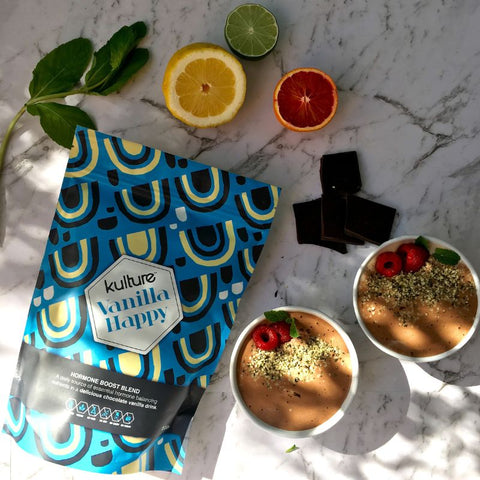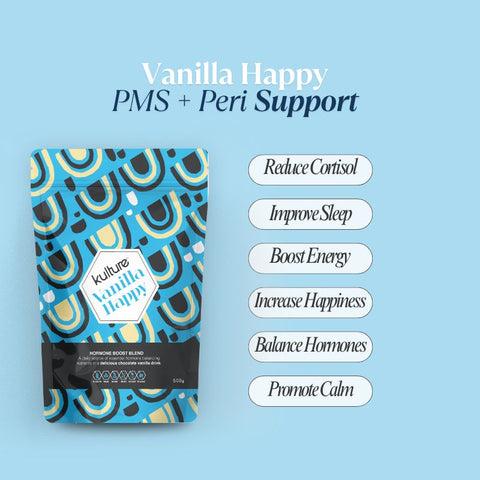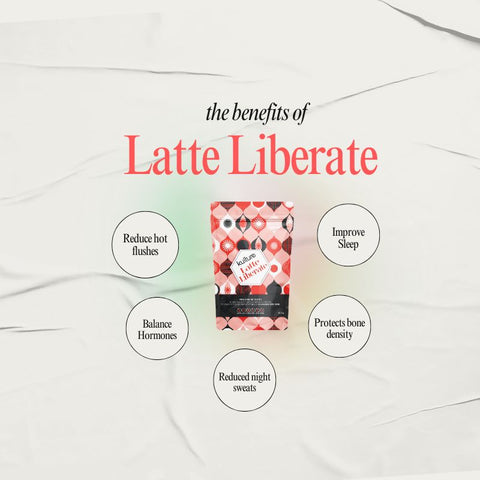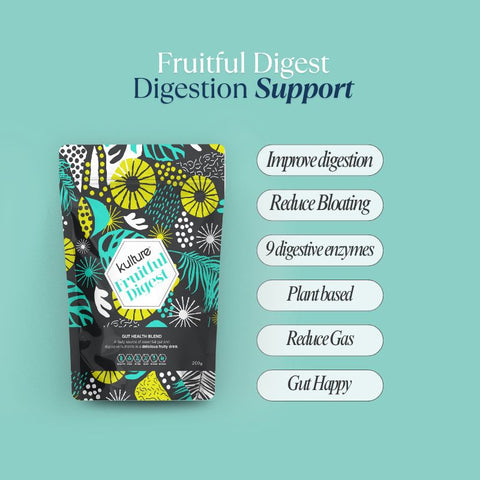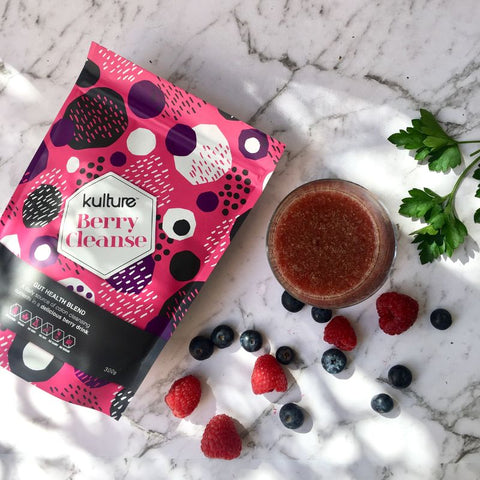Women have been given more control over their bodies and their fertility, with the advent of birth control and its platoon of methods to choose from. Among these methods is the oral contraceptive, commonly known as birth control pills or simply, the pill. How does the pill prevent pregnancy? The pill tricks the body into thinking it is pregnant with high levels of hormones (estrogen or progesterone or a combination of both), convincing the pituitary gland that it doesn’t need to ovulate.
While the pill is mostly used to prevent pregnancy, it also addresses a few health concerns that are not just limited to pregnancy prevention. Some of its beneficial effects include relief from menstrual pain and heavy periods, regularity of menstrual cycles, and controlling skin changes (like acne) among others.
But like all other drugs, there are also unwanted side effects to taking the pill, some of which can do long term damage to women's health and bodily functions. This is unsurprising since the pill works by imposing synthetic hormones onto a woman’s natural menstrual cycle.
Here are some ways the pill can impact your hormones and over-all reproductive health.
Hormones become unavailable for essential bodily functions
When women go on the pill, they release more hormones, one of these is a substance called Thyroid Hormone Binding Globulin or THBG. THBG is essential in Thyroid functions such as energy production and weight control. It also affects hair and skin. In women who are on the pill, THBG binds with the thyroid hormones making it less available for other essential bodily functions.
Another substance released by the body is Sex Hormone Binding Globulin or SHBG. This substance binds to testosterone and results to a significant drop in unbound testosterone levels. This can have a huge impact on testosterone driven functions such as strength and muscle building, energy, and libido.
Natural hormone production becomes disrupted
Our bodies are designed to seek out a natural state of balance or homeostasis. Women who are on the pill are constantly bombarded with regular doses of synthetic hormones. While the pill's side effects differ from woman to woman, the body generally tries to correct any over production of hormones. In this case, the body shuts down over production of natural hormones like estrogen and progesterone since it has a steady supply of synthetic ones.
How do we curtail these effects?
One of the best ways to minimise the long term effects of synthetic substances is to combat them with natural ones. Try foods such as Ashwagandha root or more commonly called, Indian Ginseng. Ashwagandha is a lesser known ayurvedic herb that has powerful properties. It is known to improve energy, promote graceful ageing, encourage hormonal balance, and enhance sexual potency. One of it’s amazing effects is to improve thyroid function.
Another great food supplement is Diatomaceous earth. It is a powder like substance that is rich in calcium, magnesium, and other minerals. Its healing power comes from it’s rich silica content. It is a natural detoxifier that helps improve teeth and bone health, promote a healthy colon, reduce joint pain, lower blood pressure and cholesterol, strengthen connective tissue and collagen, and help ease skin problems such as acne, eczema, rashes, and itching.
However, food supplements should not replace medical treatment. The best way is still to consult your doctor about any health concerns.




